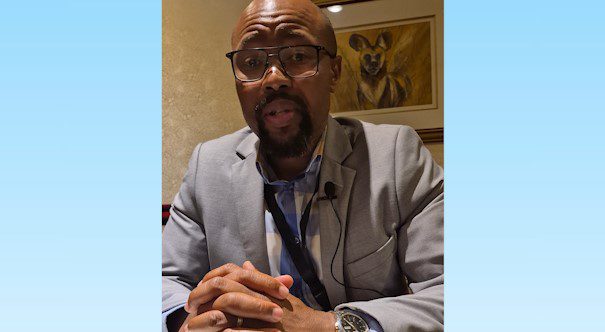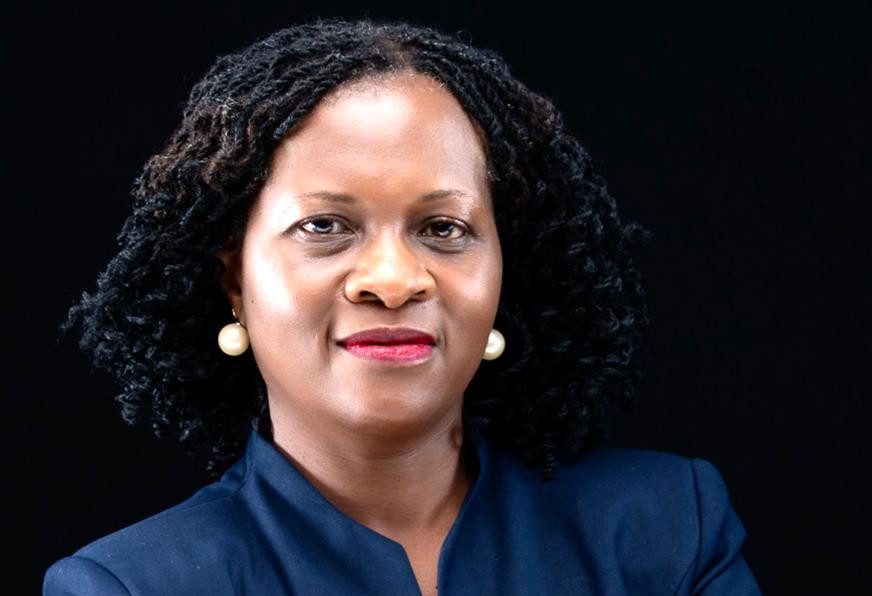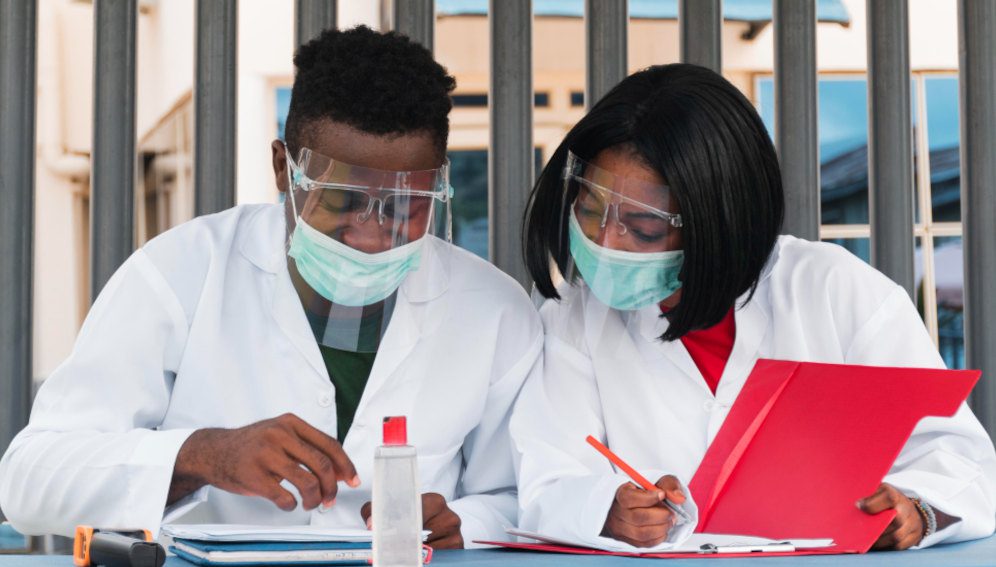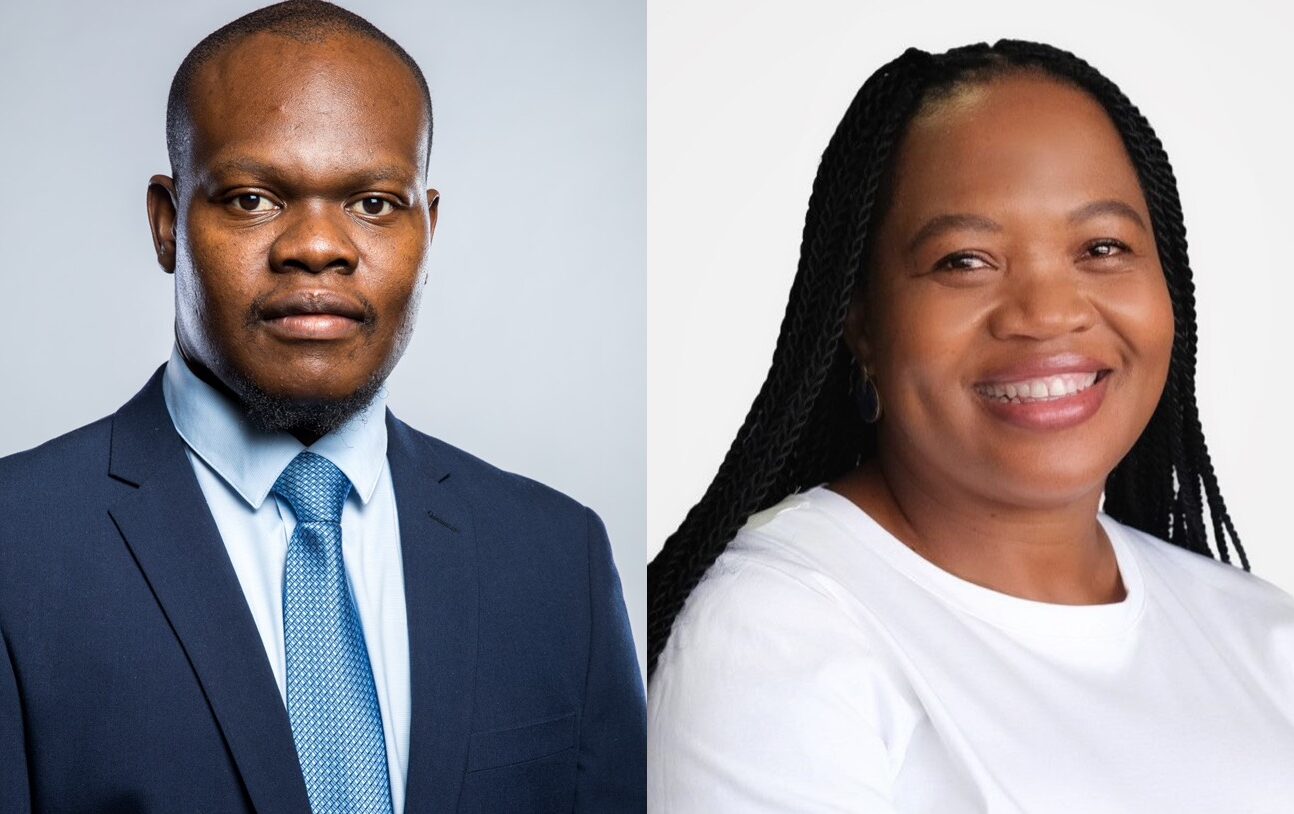SGCI News
African scientists are trying to elevate their global presence through innovative partnerships. Copyright: Image by Freepik In an exclusive video interview, Abraham Mathodi, Acting Deputy Director of Botswana’s Ministry of Communications,…
African scientists are trying to elevate their global presence through innovative partnerships. Copyright: Image by Freepik
In an exclusive video interview, Abraham Mathodi, Acting Deputy Director of Botswana’s Ministry of Communications, Knowledge and Technology, discusses the crucial role of partnerships in addressing Africa’s challenges through science. He explains how Botswana benefits from the Science Granting Councils Initiative (SGCI)
Mathodi says local impacts on communities must be felt across the continent, adding that Botswana’s active participation in the SGCI was a catalyst for accessing broader collaborative opportunities. Through the SGCI, Botswana has engaged in initiatives like the National Research Foundation’s OR Tambo Africa Research Initiative and the Africa-Japan collaborative research program (AJ-Core). For instance, the AJ-Core program led to the development of a sustainable agriculture project that has significantly improved food security in Botswana.
Access to potential funders

Mathodi explains that SGCI membership has enabled Botswana to join the Global Research Council (GRC). This has helped Botswana significantly expand its network and access to potential funders. It has also opened doors to the Global North. Global engagement spurs dialogue and enables collaboration that was previously inaccessible.
Mathodi stresses that these resilient partnerships help to foster co-production among research communities across different nations. While many collaborative projects are still in the research phase, Mathodi expresses confidence in their potential to improve lives in Botswana.
He cites a project presented by the Botswana University of Science and Technology as an example of the transformative potential of these collaborations. He believes that the impact of these projects, once completed, would be substantial and many communities would benefit.
Exciting times ahead
Mathodi, reflecting on the SGCI and GRC conference hosted in November 2024, says the conference provides a clear roadmap for the SGCI and helps raise awareness among local stakeholders about both. He was particularly pleased to observe local universities engaging with potential partners during and outside the meetings. According to Mathodi, this aligns with the SGCI’s goal of providing a platform for stakeholders to establish a presence in the global research landscape.
Mathodi believes the engagement translates into tangible collaborations and partnerships, which ultimately drive impactful research, innovation, and development in Botswana. Furthermore, Mathodi is optimistic about the long-term impact of these collaborations on the nation’s progress.
Watch the full interview to hear Mathodi’s insights on harnessing science collaboration for societal impact.
SGCi themes
Countries
Categories
Related News
One of SGCI’s first members, Malawi, is reaping the rewards
In this interview, Gift Kadzamira, Director-General of Malawi’s National Commission for Science and Technology (NCST), outlines the substantial benefits the country’s research ecosystem has gained through the Science Granting Councils Initiative (SGCI). As an early SGCI member since 2015, Malawi has experienced notable growth and…
Partnerships key to collaborating for impactful outcomes: A Conversation with Abraham Mathodi, Botswana
African scientists are trying to elevate their global presence through innovative partnerships. Copyright: Image by Freepik In an exclusive video interview, Abraham Mathodi, Acting Deputy Director of Botswana’s Ministry of Communications, Knowledge and Technology, discusses the crucial role of partnerships in addressing Africa’s challenges through science….
Harnessing the Power and Potential of Partnerships to Create Resilient Financing Models for African Science
By Dr Fulufhelo Nelwamondo and Dr Thandi Mgwebi Funding and innovative resource use will form a crucial part of discussions when scientists, funders, think tanks, and policymakers in Africa gather in Botswana this week for high-level discussions on various science, technology, and innovation (STI) themes…
SGCI funded projects
Rwanda’s integrated approach to sustainable agriculture and nutrition
Project Titles & Institution Areas of Research Number of Projects being funded Project Duration Grant Amount In-Kind Distribution Council Collaboration with other councils





